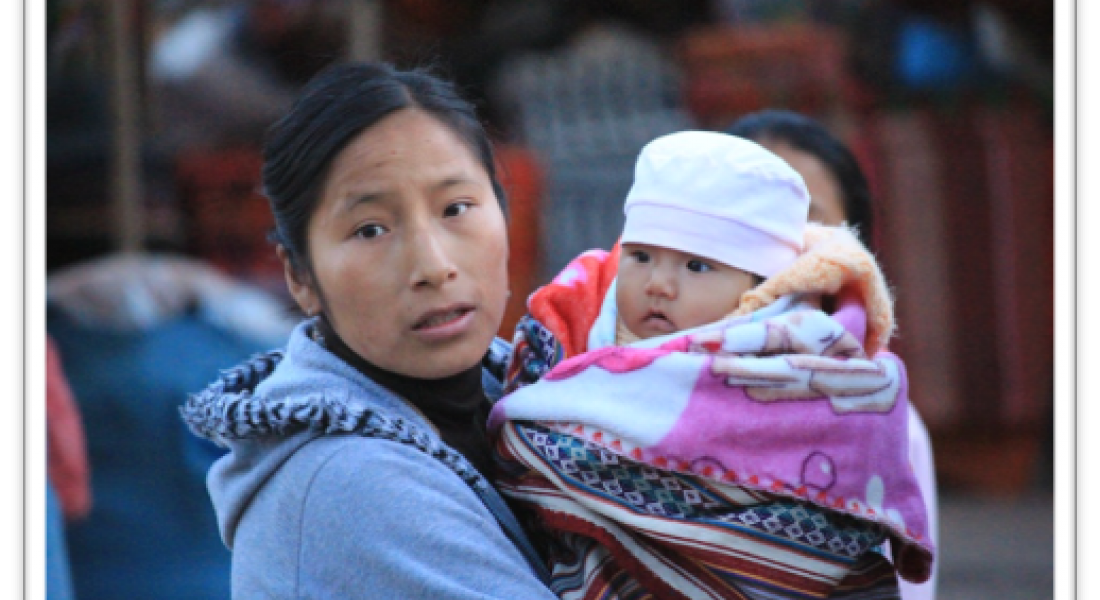
An Emerging Project in Lima: Empowerment of Pregnant Moms
By Kellogg Faculty Fellow Laura Miller-Graff (psychology and peace studies)
In Lima, Peru, 51% of ever-partnered women report that they have experienced physical or sexual violence perpetrated by a romantic partner. The risk of women being victimized by a partner is highest when women are young, unmarried, unemployed, and economically disadvantaged, and many studies have identified pregnancy as a time of particularly high risk for victimization.
The experience of violence is associated with many negative effects on women’s health and well-being across their lives, and violence during pregnancy comes with significant health problems for both mothers and their developing children. They include pregnancy complications, poor maternal weight gain, low infant birth weight, and a higher risk for both maternal and infant mortality.
In conversations with the Ford Program, we decided to explore whether a program we run in South Bend could be adapted for implementation in Lima.
The Building Resilience Against Violence Exposure (BRAVE) Lab I direct has used our research on the effects of intimate partner violence during pregnancy and postpartum to inform the development of an intervention—the Pregnant Moms’ Empowerment Program.
This brief, 5-session group therapy effort addresses the common mental health effects of intimate partner violence and the specific unique effects of violence in pregnancy, with a particular focus on practices that promote intergenerational resilience. We are currently in the midst of a multi-site pilot evaluation of the program in the United States.
In October 2017, I visited Peru with a Ford team to explore if we could adapt, implement, and evaluate the Pregnant Moms’ Empowerment Program in Lima, where the Congregation of Holy Cross has an active presence.
First, we met with the leadership at the local Holy Cross Instituto de Pastoral de la Familia (INFAM), the local Holy Cross social service center dedicated to promoting integral human development in the Canto Grande area of Lima. We also visited women’s emergency centers as part of our effort to determine whether such a program could contribute in a unique way to perinatal care for women in Lima.
Given a strong positive response, we met with faculty in the Department of Psychology at the Pontifical Catholic University of Peru (PUC) to discuss how a research project adapting and evaluating the program might capitalize on their significant scientific and contextual expertise.
This productive visit has made our next steps clear:
In 2018, we plan for the psychology faculty and students at PUC to conduct a series of focus groups to provide insight into how the program should be adapted to be culturally appropriate and contextually relevant.
Next, in collaboration with Holy Cross INFAM and BRAVE Lab, we will adapt the program and implement it with women at INFAM. To evaluate the program’s success, we plan a mixed-method study that includes a randomized controlled trial evaluating quantitative change in women’s physical and mental health as well as qualitative interviews aimed at better understanding women’s experience of the program.
We hope that this project will be one step in building sustainable and effective resources to support women and their young families in the face of one of the most serious threats to family life in our modern world.





